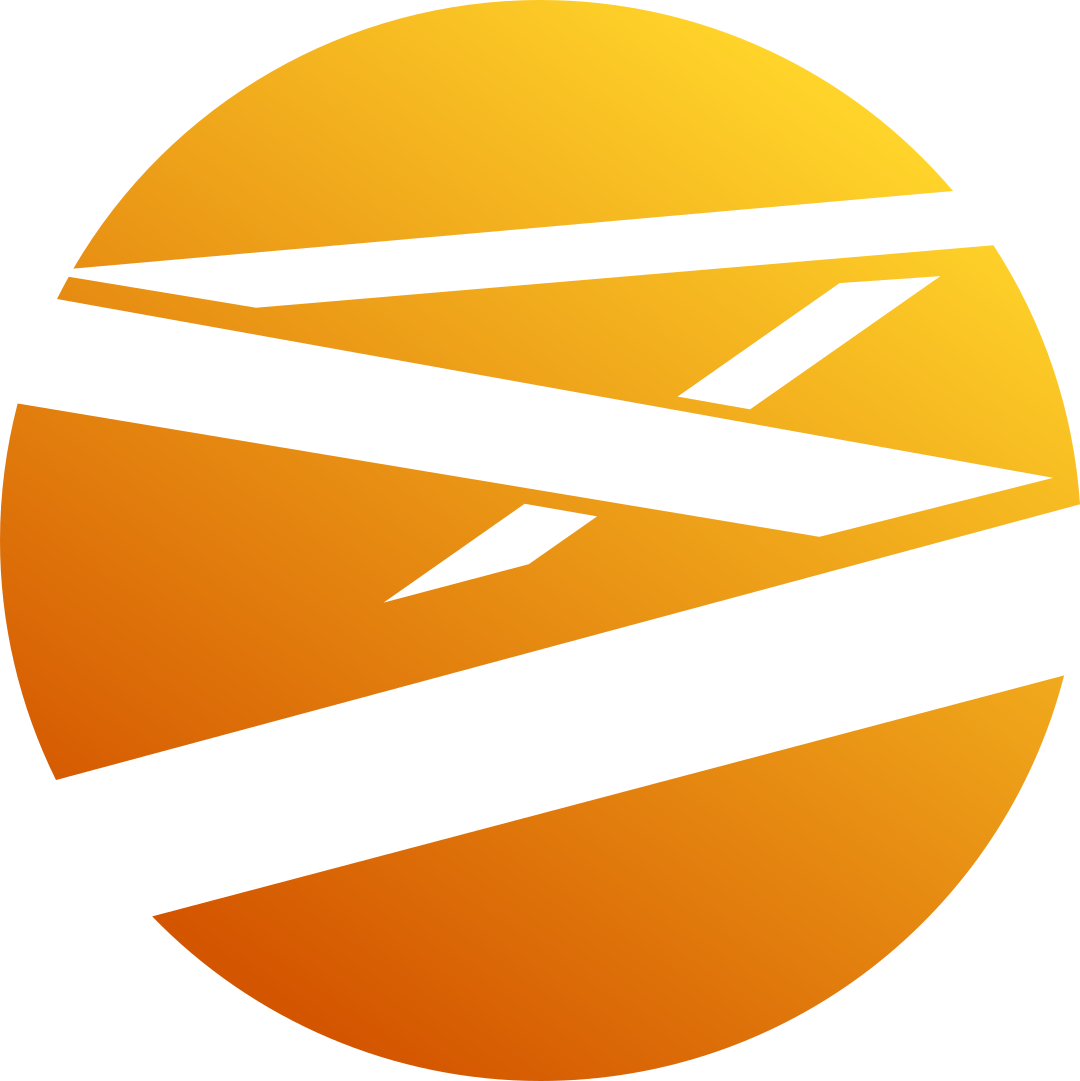

I currently don’t have 1 favorite there are so many really cool languages. but here are 2 and some that have inspired me.
- Common Lisp for sheer Technological prowess has some very advanced features that I dont see very often, runtime recompilation, code as data, data as code, debuggers, images, redefinition, macros , perf measuring, recompilation during errors to fix bugs etc… and has a algebraic syntax which can be nice.
- D for general purpose, again has features that are not common, optional GC, C compiler, zero allocation c strings, Lowlevel purity, and can be as Fast/Faster than C, and as simple as python(in the base language obviously pythons packages make up for basically all of its flaws). Languages that have inspired me not favorites but changed the way I think are APL, Factor, Scheme, Lobster, Unison, and Koka, I hope you enjoy the read if you check any of those out.

minecraft can work really well for learning how tp program, when I was 9 that is how I started, unfortunately its been a long time since I took that course but if you are willing to do the research there should be a some for server programming and java modding at least that is what I took over 11 years ago at this point, and maybe javascript for gametest framework for bedrock edition. there is also minetest which is a little better for learning but isn’t minecraft so is a little bit more annoying but lets you modify basically anything you want which is very fun. also a great way to learn boolean algebra/circuit design in minecraft/minetest, redstone can be used to make micro computers like calculators, fun and can be applicable to making games in minecraft which makes it more engaging as well. also the minecraft commands can be put into a mcfunction file as you can imagine this can be generated by outputting text to the file, this is great because you learn file io and a programming language and mostly he would be using math to generate things so teaches math, its limited but that is something he would find fun that is super easy and can be done in basically any language.
redstone/mcfunctions I personally like this approach on top of the course because it gives him something useful so should hopefully encourage him to play and program after he finishes lessons and etc…